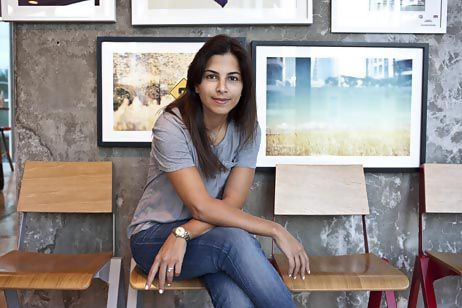|
Khazen History
Historical Feature: Churches and Monasteries of the Khazen family St. Anthony of Padua Church in Ballouneh
Population Movements to Keserwan - The Khazens and The Maans ما جاء عن الثورة في المقاطعة الكسروانية ثورة أهالي كسروان على المشايخ الخوازنة وأسبابها
Growing diversity: the Khazin sheiks and the clergy in the first decades of the 18th century Historical Members:
|
||||||||||||||||
Copyright © 2001-2017 De Khazen





.jpg)




